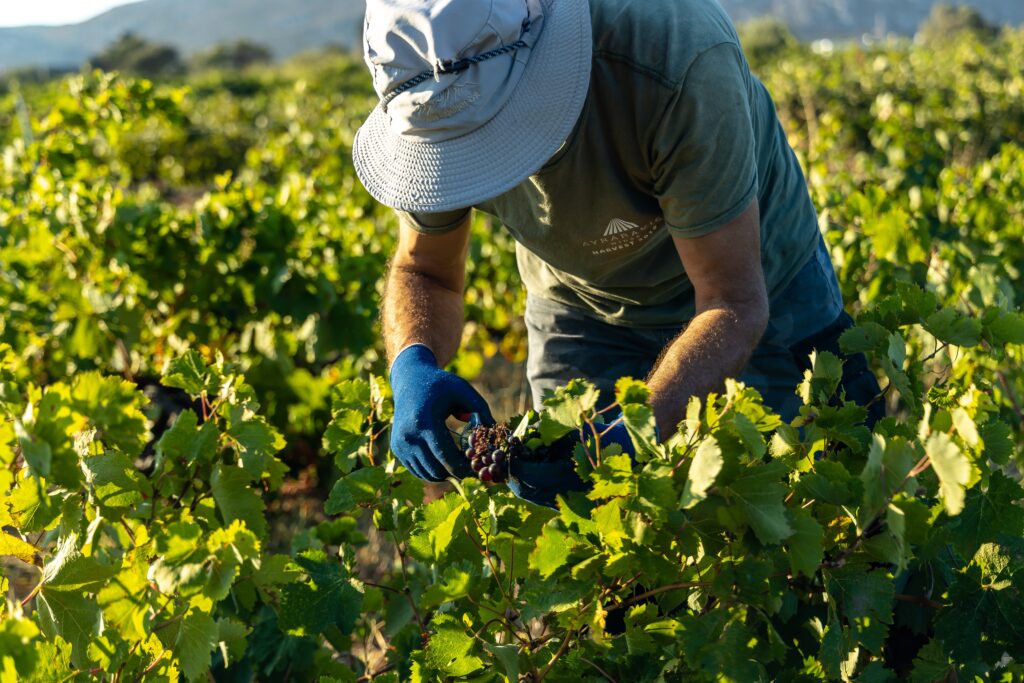
A new report published by Citigroup with SOPHIA Oxford shows how multidimensional social factors can be used by investors and corporates to reduce poverty, lower risk and open up large financial investment opportunities. The innovative approach based on a proved Oxford methodology looks at indicators that can flow from the household level through to the corporation and up to the investment and capital markets. SOPHIA Oxford is an incubator created by Oxford to create commercial applications of the use of multidimensional social factors.
An employee (we will call her Maria) of a multinational company in Costa Rica earns a decent salary. But her roof leaks, her child is sick, she has not accessed health insurance and her husband is unemployed. By traditional income standards Maria is not poor, but we have learned that poverty is multidimensional. Poverty includes many social deprivations that people suffer at the same time. This idea has caught on with governments. It is time for it to catch on not just with corporations but also with investors and issuers of bonds and social investment instruments.If we are going to tackle poverty globally at the same time as we tackle climate issues, we are going to have to get the private sector involved in social aspects of well-being and inequality upfront.We now have the tools for the private sector to do this. But first some background. The Oxford Poverty and Human Development Initiative (OPHI) of Oxford University created a methodology that is now being implemented by governments throughout the world to measure poverty in its many dimensions – including, for example, education, health, housing, assets, and employment. But not just measure. This methodology provides data that gives governments the information needed to better target their poverty programs and better budget their poverty dollars. This approach has been officially adopted by countries throughout the world—for example Nigeria, Colombia, and India—as well as by the UNDP and World Bank. OPHI created SOPHIA Oxford to incubate versions of this methodology for the private sector.

In Costa Rica Horizonte Positivo, a business association implemented this innovative, practical methodology. With a license from Oxford, over the past four years it has worked with 70 companies to measure the poverty and wellbeing of their employees and helped them to do something about it, particularly through public-private partnership programs. It works. In Costa Rica 16-19% of the population are multidimensional poor, across companies the rate is 14%, and with a bank publishing a 12% rate. Poverty is in every company. The 70 companies identified 10% of Costa Rica’s multidimensional poor as their own employees. This opens the door to highly targeted and measured public-private partnerships.
Springing from this first effort, SOPHIA Oxford has taken this method to corporations in other countries of Latin America. SOPHIA trains corporates on the method and assists in the first round of implementation. The data collected from employees is incorporated into HR departments and becomes an ongoing part of doing business. We have seen employee after employee being helped with what they specifically need–with their education, with child care, getting health benefits, etc. The employee survey provides the data for concrete measurable programs that generate real impact. And this in turn impacts the bottom line. The benefits far outweigh the costs. By taking care of real deprivations that their employees suffer, companies reduce turnover costs, training costs, time off for personal reasons, etc. And the effort builds employee loyalty and the corporate brand.
What is innovative now is that the Citi-SOPHIA Oxford report details a new way to reach the Marias of the world through investments. Almost two trillion dollars is being invested in ESG investment vehicles annually. And yet to date the instruments for investing and tracking the impact of the social dimensions are weak. The Citi-SOPHIA Oxford collaboration has uncovered a robust way to improve this.
To capitalize on this breakthrough, SOPHIA Oxford is launching a new business, Wise Responder, Inc. to provide investors and corporates robust social factor analytics that can be traced from the capital market down to help individual people and their companies.
SOPHIA Oxford’s business plan is to provide financial markets with high frequency estimates of poverty and well-being data and at the same time provide regional relevant frameworks to corporates to benchmark against and show suitability leadership.So what does this mean for the wellbeing of those like Maria? It means, for example, that her company is able to borrow at lower rates than its competitors. It enables the investors to have robust impact metrics. The social investment, for example, supports the company investing in upgrading its human resource function to capture, measure, and act on social deprivations and assess impact. Employees get a new roof, further their education, get out of severe debt, and the family comes out of multidimensional poverty.
This is not something that can be done by one business or two or one agency or two. This requires collaboration. It requires groups like Business Fights Poverty to bring together networks of people to invest, to train, to educate and to implement these instruments. These efforts are not just for the developing world but also for the United Kingdom, Europe and United States. People like Maria exist in every country. Even the richest countries have multidimensionally poor individuals and families that must be reached not just by government but also by the private sector. It’s good for social development; it’s good for business. As stated in the Citi SOPHIA Oxford report, “Finance and Poverty: Harnessing the Former to Eliminate the Latter”.

